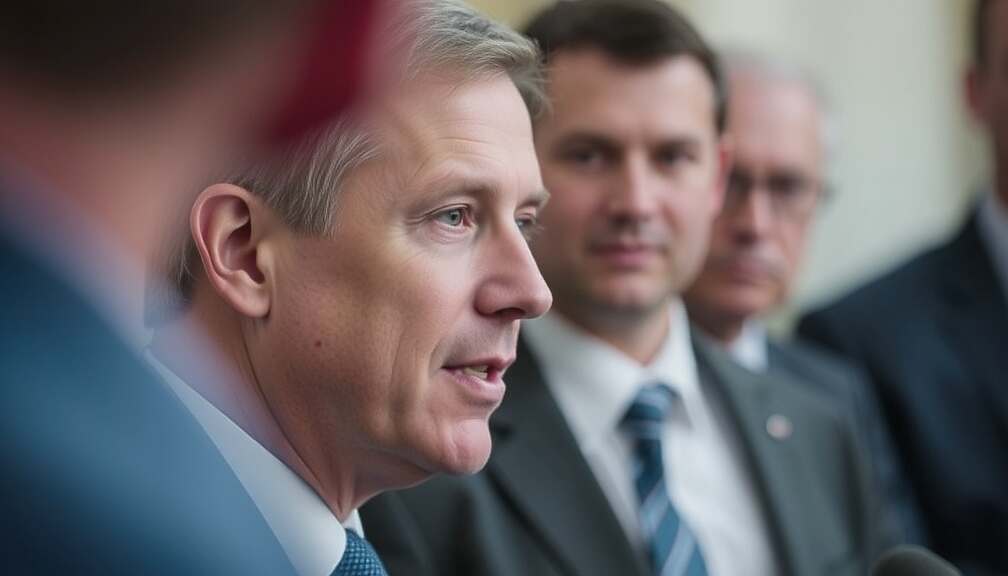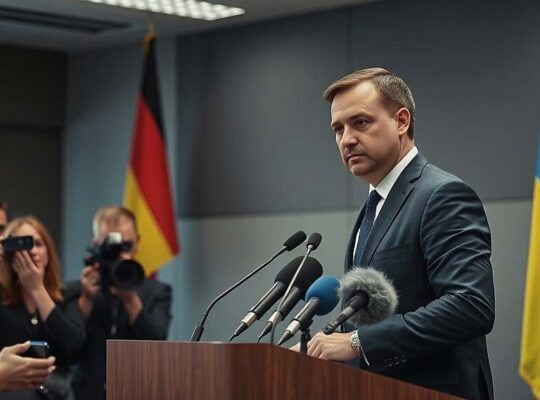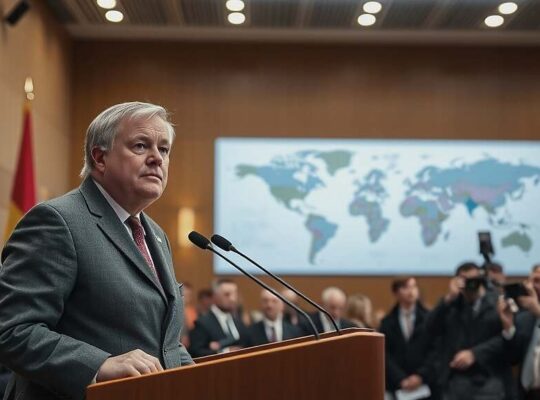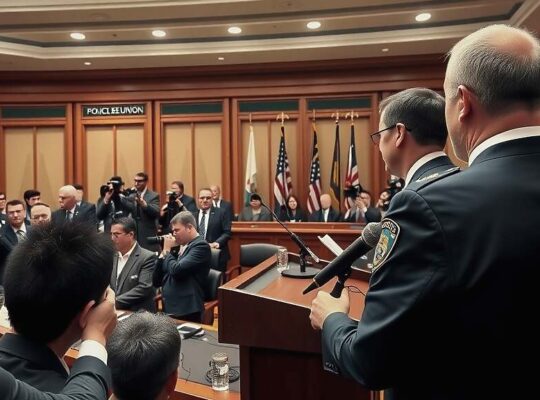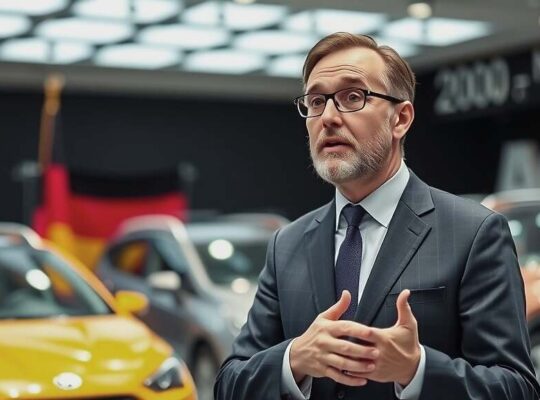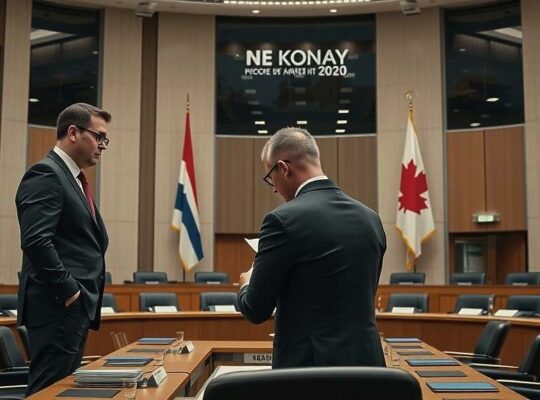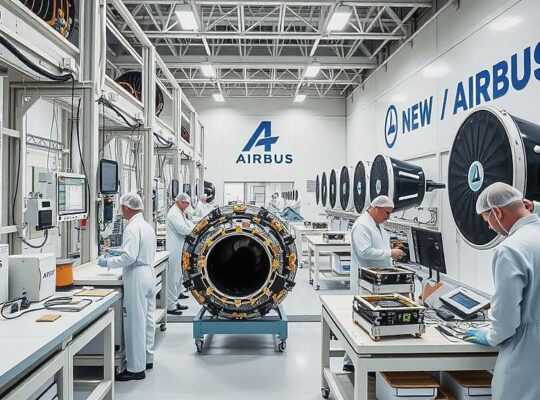The German Federal Environment Minister, Carsten Schneider (SPD), is planning new measures to alleviate the financial burden on lower-income households as they transition to climate-friendly technologies.
Schneider announced in an interview with “Stern” magazine that he is developing additional support mechanisms for households with limited incomes, utilizing revenues generated by the European carbon pricing system. The goal, he stated, is to ensure that everyone has the opportunity to adopt “clean and efficient” technologies.
Schneider emphasized the need for targeted relief for mobility and heating, particularly for individuals already maintaining a relatively low carbon footprint. He dismissed the concept of a universal climate allowance paid to all citizens as an appropriate solution, advocating instead for a more socially graduated approach.
He highlighted a concern that current funding programs, such as those for heating system replacements and electric vehicle adoption, disproportionately benefit wealthier households. While he acknowledged that this was perhaps acceptable when these technologies were in their infancy and required significant experimentation, Schneider argued that a shift in funding priorities is now essential to ensure that support reaches those who need it most as society undergoes broader transformation.
Furthermore, Schneider cautioned against measures that would hinder the expansion of renewable energy sources and warned Economy Minister Katarina Reiche (CDU) against implementing growth restrictions in this sector. He asserted that renewable energy represents the future, becoming increasingly cost-effective and efficient, vital for the future of the German economy.
Reiche had previously stated in “Bild” newspaper that the expansion of renewable energy should be more closely aligned with the development of the electricity grid to benefit both companies and consumers.
Schneider stressed that his ministry is not seeking confrontational relations with the economy or Minister Reiche, emphasizing a collaborative approach. Recognizing a long-standing professional relationship and mutual respect – both having entered the Bundestag as young politicians in 1998 – Schneider acknowledged that differences in perspective are inevitable given their respective portfolios and party affiliations, but these can be navigated constructively.


